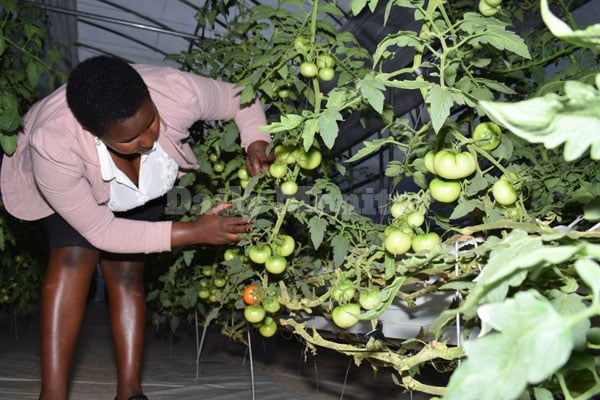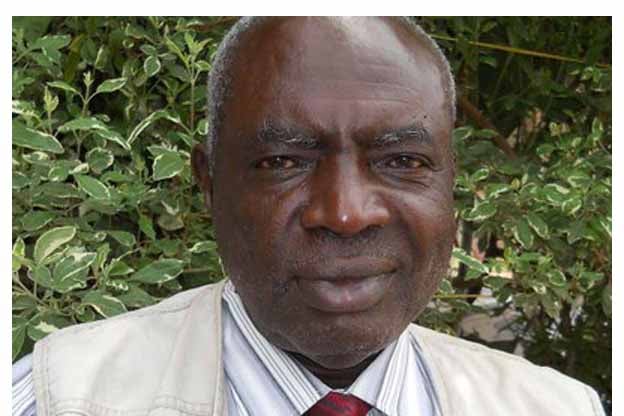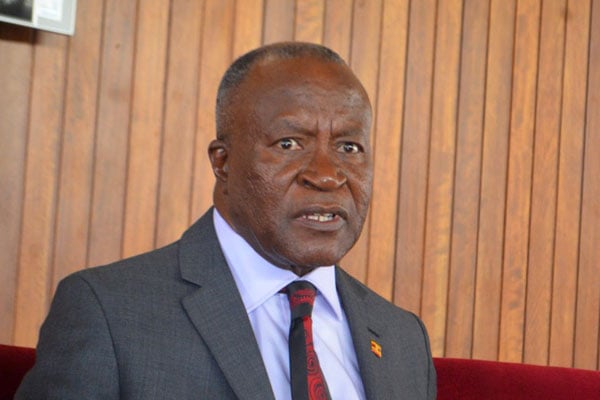
Mr Michael J. Ssali
There was an interesting article in the May 2024 issue of the Cooperator titled: “GMOs: Experts, Advocates, and Politicians Clash” authored by Chrispus Mubale Muke. It reminded us that twice in 2017 and in 2021 President Museveni declined to sign the National Biotechnology and Bio-safety Bill into law and returned it to Parliament citing inconsistencies in the Bill.
The Bill sought to provide a regulatory framework for the applicability of biotechnology science research, development, and release of genetically modified organisms (GMOs) to Ugandan farmers.
According to Uganda Biosciences Information Centre (UBIC) biotechnology is a process that uses biology to develop technologies and products that help improve our lives and the health of our planet including plants and animals. This has been practiced by mankind for thousands of years. Modern biotechnology now includes such technologies as tissue culture which makes it possible to produce true to type and disease free seedlings from cells in laboratories. It also includes GMO or genetic engineering (GE).
Scientists can use genetic engineering to add or remove genes of a living thing so as to solve a health problem, make it survive in harsh conditions, or to improve its quality. To fully apply GMO technology in farming and other development activities requires a regulatory framework approved by Parliament and the President.
Our crops such as bananas, cassava, Irish potatoes, sweet potatoes, cotton, maize, rice, and coffee among others are becoming harder to grow due to the arrival of strange pests and changing climate conditions.
UBIC figures indicate that Uganda loses about $300 million annually in revenue from bananas due to Banana Bacterial Wilt (BBW), and about $24 million due to Cassava Brown Streak Disease. Most of the new pests and agricultural challenges have no known chemical solutions and in many other countries across the world modern biotechnology has been used to address them.
According to Dr Margaret Karembu, director, ISAAA AfriCenter/Africa Science Dialogue, countries planting GMO crops in Africa have more than doubled, from three in 2013 to eight in 2023. Other countries outside Africa using modern biotechnology include India, China, Brazil, Mexico, US, Canada, Spain, and Portugal to mention just a few.
Ugandan scientists have mastered the GMO technology but the country is not benefitting due to absence of the required regulatory law.








